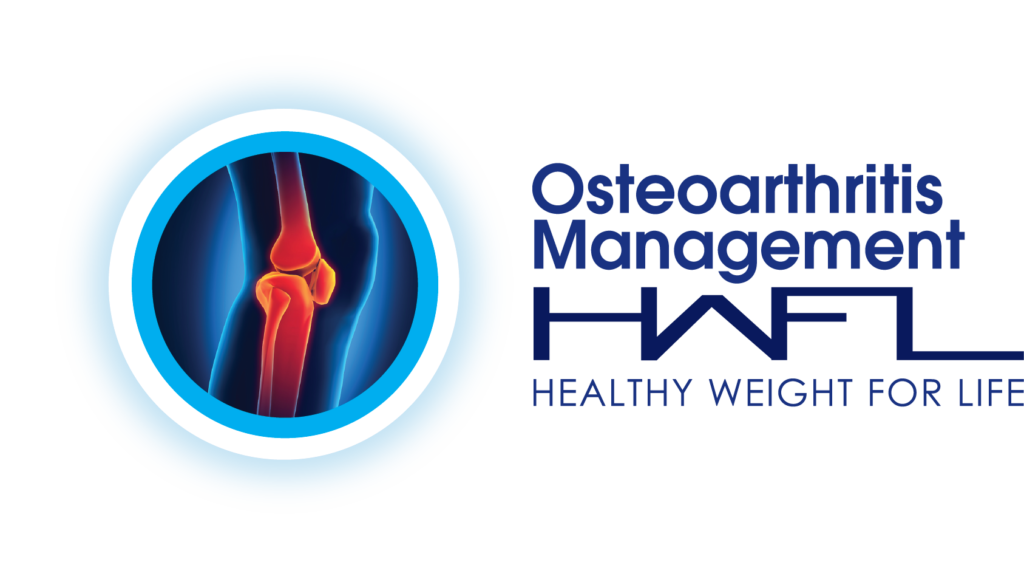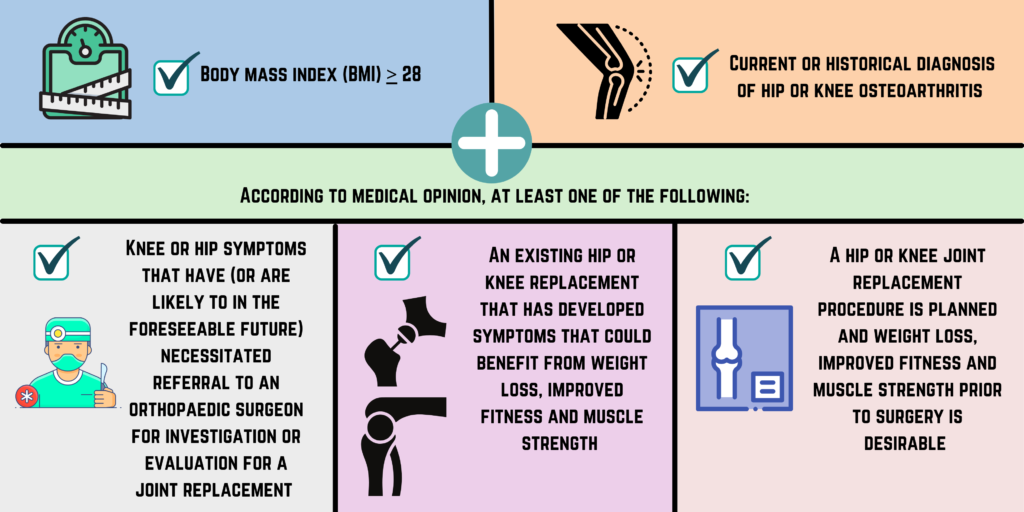There are a number of public and government funded services available to manage knee osteoarthritis. However, it should not be forgotten that private services also exist! This page was designed to inform you about the different types of private services that you may access to help you manage the symptoms of your knee osteoarthritis.
Just like the public and government sector, there is a variety of medical and allied health services that are available in the private sector. If you have explored the other pages of this toolkit, you may have come across some of the recommendations of seeing a physiotherapist (in a one on one or a group setting), podiatrist, dietitians, psychologists and counsellors, and orthopaedic consultant/surgeons.
Public services include those which are funded by the government. This includes community health and public hospital services, mental health care plan, and chronic disease management plan (CDMP).
Private services are those that are provided by private entities and not entirely governed by the Australian government. This may include private allied health practices (such as physiotherapy, dietetics, podiatry and psychology), private hospitals with outpatient clinics, private surgeons and private sports physicians.
The main difference between the public and the private sector is the cover of cost.
- Public services can be free, or have costs heavily subsidized. However, it usually comes with a higher waiting time to receive the services.
- Private services are usually more expensive, or there may be a ‘gap fee’ if an individual has private health insurance with ‘extras’ cover. However it usually comes with a much shorter waiting time to receive these services.
It is also important to note that depending on your private health insurance, the services that are available to you may vary according to their policies. Some health funds also have “preferred providers” where patients receive a higher rebate if they see a health practitioner on the preferred provider list.
Individuals who have discussed their chronic health or mental health condition with their GP can also access private allied health services through the Chronic Disease Management or Mental Health Care Plan. However, when receiving services through these government support plans, there are limits to how many you can access per calendar year. For more information on the Chronic Disease Management Plan or the Mental Health Care Plan, click on the names.
As discussed in this toolkit, physical activity and exercise are important aspects of managing symptoms of knee osteoarthritis (If you would like to refresh your memory on this section, click here) Hence, seeing a physiotherapist can be beneficial for an individual living with knee osteoarthritis. Physiotherapists are able to educate on the condition, provide strategies if symptoms flare up, and assess what level of exercise is appropriate for your level with the aim of progressing it as you get stronger.
All these can be done in a one-on-one consultation, or in an exercise group setting.
GLA:D®

GLA:D® is an internationally renowned program (designed in Denmark) that is targeted at improving the symptoms of hip and knee osteoarthritis. Private physiotherapy practices may offer this program to you if you are looking to manage your symptoms.
GLA:D® stands for “Good life with osteoArthritis: Denmark” and is a program of education and exercise designed to reduce the symptoms of hip and/or knee osteoarthritis.
- There are 12 supervised exercises sessions over 6 weeks, and 2 education sessions. Each session is approximately 60 minutes.
If you are interested in the GLA:D® program, ensure that you check with your private health fund whether their policy covers:
- Group sessions
- Telehealth services
If you do not have private health insurance with “extras cover”, but can afford private allied health services, you can also use a combination of the CDMP and full fee payment to afford GLA:D®. For example, you can used the CDMP for the first and post GLA:D® review appointments, but pay out of pocket for the sessions in between.
Cost:
The cost of physiotherapy sessions varries, but it is approximately $80 or more per session. Some may be covered by your private health insurance, or you might get the cost subsidized through the Chronic Disease Management Plan.
The cost of GLA:D® varies from approximately $400-$800 for 12 sessions. Unfortunately, the Chronic Disease Management Plan does not cover the group sessions within the GLA:D® program.
Location:
If you would like to find a physiotherapist who is trained to deliver the GLA:D® program click here.
Similar to physical activity and exercise, weight management is part of the first line of treatment in the management of knee osteoarthritis. Dietitians and nutritionists are two healthcare providers who can assist you with this (if required).
Nutritionists are able to give general advice and information, but dietitians are able to provide clinical advice to individuals with specific health condition.
Just like physiotherapists, dietitians are also available through community health services, CDMP, and privately.
Healthy Weight for Life
Healthy Weight for Life is a low calorie diet program, that includes exercise, online support and progress monitoring system.  The program targets a number of key modifiable risk factors for osteoarthritis. The program has been shown to significantly improve joint pain, physical mobility, vitality and emotional wellbeing.
The program targets a number of key modifiable risk factors for osteoarthritis. The program has been shown to significantly improve joint pain, physical mobility, vitality and emotional wellbeing.
It is an 18 week program that is split into 3 phases (6 weeks each). For more information about this program, click here and read the brochure.
Eligibility:
To be involved with Healthy Weight for Life you must have:

If you would like to calculate your BMI, click this link. You will need a measuring tape and a scale.
Individuals who have had an acute cerebrovascular or cardiovascular disease (including unstable angina), kidney disease, liver disease, type 1 diabetes or severe psychological disturbances are not recommended for the Healthy Weight for Life program.
Cost:
The good news is, if you are a member of the private health fund below, the Healthy Weight for Life program is at no cost for you.

It should be noted that the eligibility criteria and participating health funds may change from time to time. Hospital policy, waiting periods and minimum age criteria may also apply. To be 100% sure, contact the Health Weight for Life team for further details by clicking here
Other Allied Health Services:
Besides physiotherapy and dietetics, there are other private allied health services that can be accessed that can help with the management of knee osteoarthritis. This includes podiatrists and psychologists.
- Podiatrists may be able to help you trial orthotics and correct footwear that may help with your symptoms. For more information, click here.
To find a podiatrist click here - Psychologists, mental health workers and counsellors may be able to help you in navigating through some beliefs you may have about knee osteoarthritis. Unfortunately, psychological and lifestyle factors such as having high stress level, having anxiety or depression influence the level of pain an individual with knee osteoarthritis might experience. These practitioners will be able to help you navigate through these factors.
To find a psychologist click here.
If you are unsure whether your private health insurance will cover some of the costs, it is a good idea to contact and discuss it with them.
Private specialists
You may also want to see a private orthopaedic consultant, or a private physician about your knee. If this is the case, a GP referral is necessary.
Generally there is a 12 month waiting period from when you join a private health fund, and you may need a high level of cover to include joint replacement (if this is in the plan).
Private consultant appointments may cost from approximately $250+/session
Resources
Next – Find a healthcare practitioner
